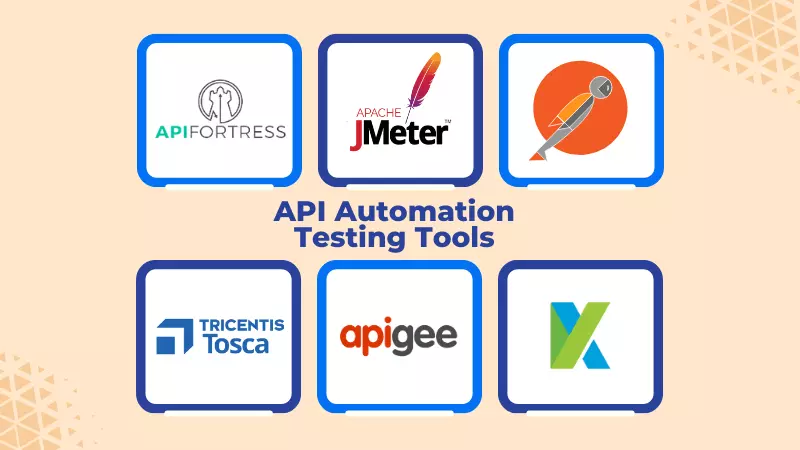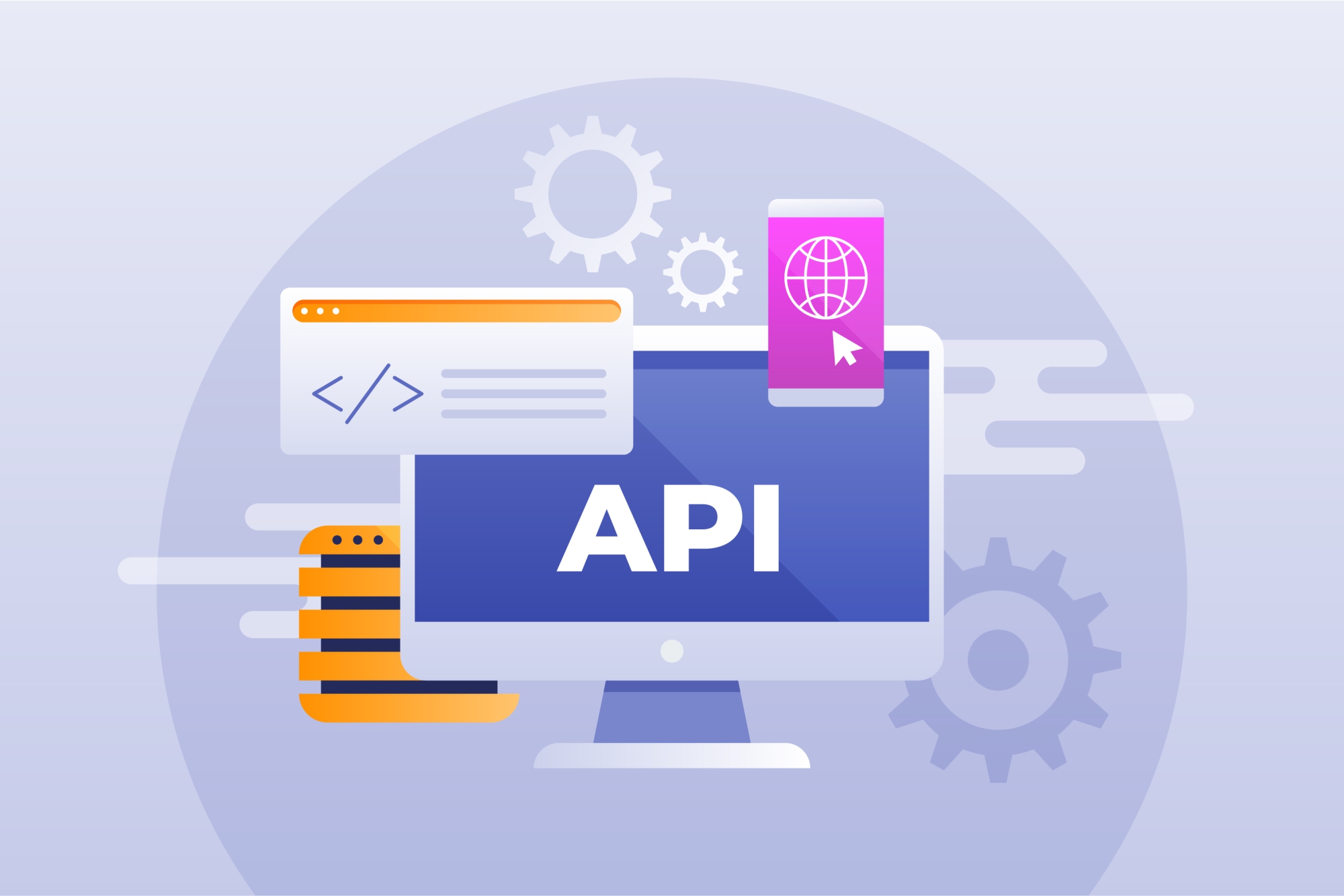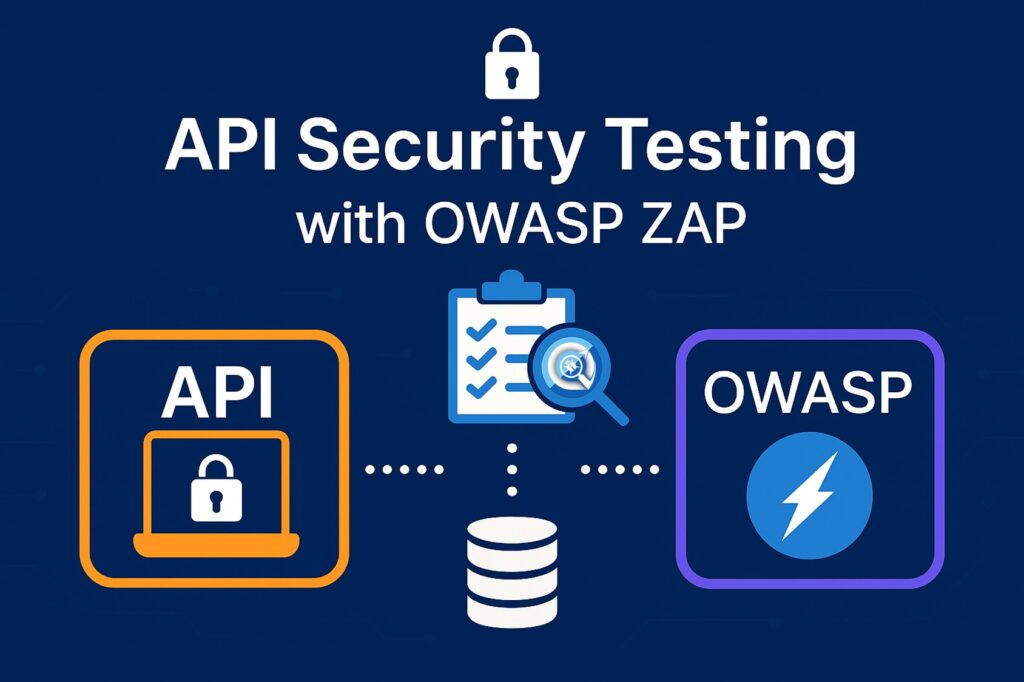Software development includes different phases. From its initial planning, through its development to its official release. Each part has its process, times, and costs and one of the most time-consuming is the testing and error resolution part. Therefore, if you are thinking about automation as a solution, you are on the right track. Furthermore, if you are thinking about creating your test automation framework, it is best to think twice as in most cases it is preferable to consider one or more of the open source options available.
Work and development teams do not need to invest time in complex mechanisms and proprietary processes to test their software. Much software already shares a set of best practices, common tools, and libraries. There is simply no need to reinvent the wheel, a framework will help make test automation code reusable, maintainable and stable.
Here is a curated list of automation testing tools with popular features and website names.
Tips for Successful Execution of Automated API Testing
For the incorporation of automated tests to effectively improve team productivity (and not become an additional burden), it is key to follow certain tips:
- Prioritize maintainability: Scripts should be simple to understand and modify.
- Document cases: Having clear documentation speeds up fault detection and resolution.
- Regularly update tests: Ensure they remain relevant as the app evolves.
- Measure return on investment: Focus on true business results beyond technical metrics.
- Identify high-value cases: Focus on automating critical and common regression tests.
- Train the team: The tool learning curve should be minimal.
- Integrate with CI/CD: Automated tests should be run as part of the delivery pipeline.
By following these best tips, teams can create a scalable, high-value automated test suite aligned with their goals for Automated API Testing.
Best Automated API Testing Tools for 2024

It is a proprietary solution developed by Progress to automate functional, load and performance testing across web, desktop and mobile user interfaces. Among its capabilities are:
- Visual editor for creating tests without the need for code.
- Support for HTML5, ASP.NET, JavaScript, MVC, WPF, Silverlight, AJAX, Ruby and PHP and integrates with Visual Basic Studio 2010 and 2012.
- Supports C# and/or VB.NET scripting languages.
- Cross-browser testing and support for iOS and Android devices.
- Monitoring performance and resource consumption.
- Integration with DevOps tools.
Its simplified approach to automation makes it ideal for teams looking to adopt these practices without large upfront investments in training and specialized talent. Like Selenium, Telerik allows for test recording and playback, as well as scheduling to further automate the process.
2. Katalon Studio
It is an all-in-one automation tester solution that combines web, API and mobile capabilities with a simple and intuitive graphical interface. It is available both open source and commercially. Some of its main strengths include:
- Simple implementation through plugins in IDEs such as Eclipse or Visual Studio, specialized for web, mobile and API testing.
- Integration with Selenium and Appium for web and mobile testing.
- Object manager to store test elements.
- Generation of advanced reports with execution data.
- Extensibility through plugins (Slack, JIRA, Kobiton, qTest, Git) and interoperability for API testing.
Katalon Studio is gaining popularity among medium to large teams looking for a centralized solution to manage their automated tests without major complexities. It is built with hundreds of keywords to create custom test cases and runs on macOS, Linux, and Windows.
3. Selenium
It is the most popular automated testing tool for web applications. With over 32 million downloads this open-source solution allows you to run functional test cases in all major browsers. It combines the features of SaaS with the security and performance of the on-premises corporate cloud. Among its strengths are:
- Cross-platform and cross-browser support.
- Integration with languages such as Java, Python, Groovy, Ruby, PHP, C# and Perl, among others.
- Simple interface for creating and running tests.
- Record and playback feature within your Selenium IDE plugin. Allowing real-time visualization, providing flexibility and accuracy in testing.
- Active user community and extensive documentation are available.
Selenium can be used in projects of any size, from startups to large corporations typically within the banking, insurance, medical, and other security-sensitive industries. It is ideal for testing traditional and modern web interfaces such as single-page applications (SPA). It is one of the few testing solutions, which automates software on multiple operating systems including Mac, Windows, Linux and browsers like Google Chrome, Firefox, IE and headless browsers.
4. Lambda Test
It is a cloud solution that allows you to run web and mobile tests on hundreds of different devices and browsers in parallel and distributed. Its capabilities include:
- Scalable cloud platform for automated testing.
- Running Selenium scripts in 2000+ configurations.
- Visual and performance testing without the need for code.
- Integration with tools such as Jira, Jenkins and CircleCI.
- Automatic capture of visual evidence and logs.
Its cloud-based approach accelerates test creation and execution without requiring the configuration and maintenance of complex on-premises environments. Lambda Test is ideal for teams looking to quickly scale their automation.
5. Kobiton
It has positioned itself as a solution specialized in automated testing for iOS and Android mobile devices, native and hybrid apps, and the Internet of Things (IoT). Among its main capabilities:
- Support for automation frameworks such as Appium, Espresso and XCUITest.
- Execution of tests on physical devices and emulators.
- Integration with CI servers such as Jenkins and Travis CI.
- Generation of reports and advanced insights.
- Focus on visual and performance testing.
- Allows you to test code on real devices directly within your IDE.
Kobiton accelerates the creation of continuous integration pipelines for mobile projects, ensuring their functionality on a wide range of real devices before distribution. Developers, testers and DevOps love to leverage the power of Kobiton for their automated and/or manual testing needs.
Emerging Trends in Automation Testing
Beyond the currently dominant solutions, several trends are redefining the future of automated testing. Performing functional and regression testing through native GUI and web interfaces, HPE supports the VBScript scripting language and supports data-driven testing (very similar to TestingWhiz). Performing functional and regression testing through native GUI and web interfaces, HPE supports the VBScript scripting language and supports data-driven testing (very similar to TestingWhiz).
Among its main capabilities, we find:
Artificial intelligence and machine learning
AI and machine learning will make it possible to create more evolved test cases, as well as analyze results and proactively detect anomalies.
Testing without Code
No-code automation platforms will facilitate adoption by manual teams and non-technical roles.
Data and Analytics
Data-driven testing and predictive analytics techniques will improve test case prioritization.
Continuous Delivery
Automated testing will increasingly integrate with CI/CD and DevOps pipelines.
Everything-as-a-Service
Cloud solutions will simplify the execution of tests at scale without requiring the configuration of local environments.
Crowdsourced Testing
Crowdsourcing platforms will bring innovation by enabling mass collaboration in the creation of test cases.
Conclusion
There are many other automated software testing tools available to quality testers around the world. Each developer and Automated API Tester has their own personal and professional opinion on these tools and determines which ones are worth using or not based on many different factors. This article explains which automation testing tools would work best for your team and project. If you’re still unsure, you probably may need additional resources. If you need additional software developers, Automated API Testing, and engineers to augment your existing IT team, we are here to assist you.




